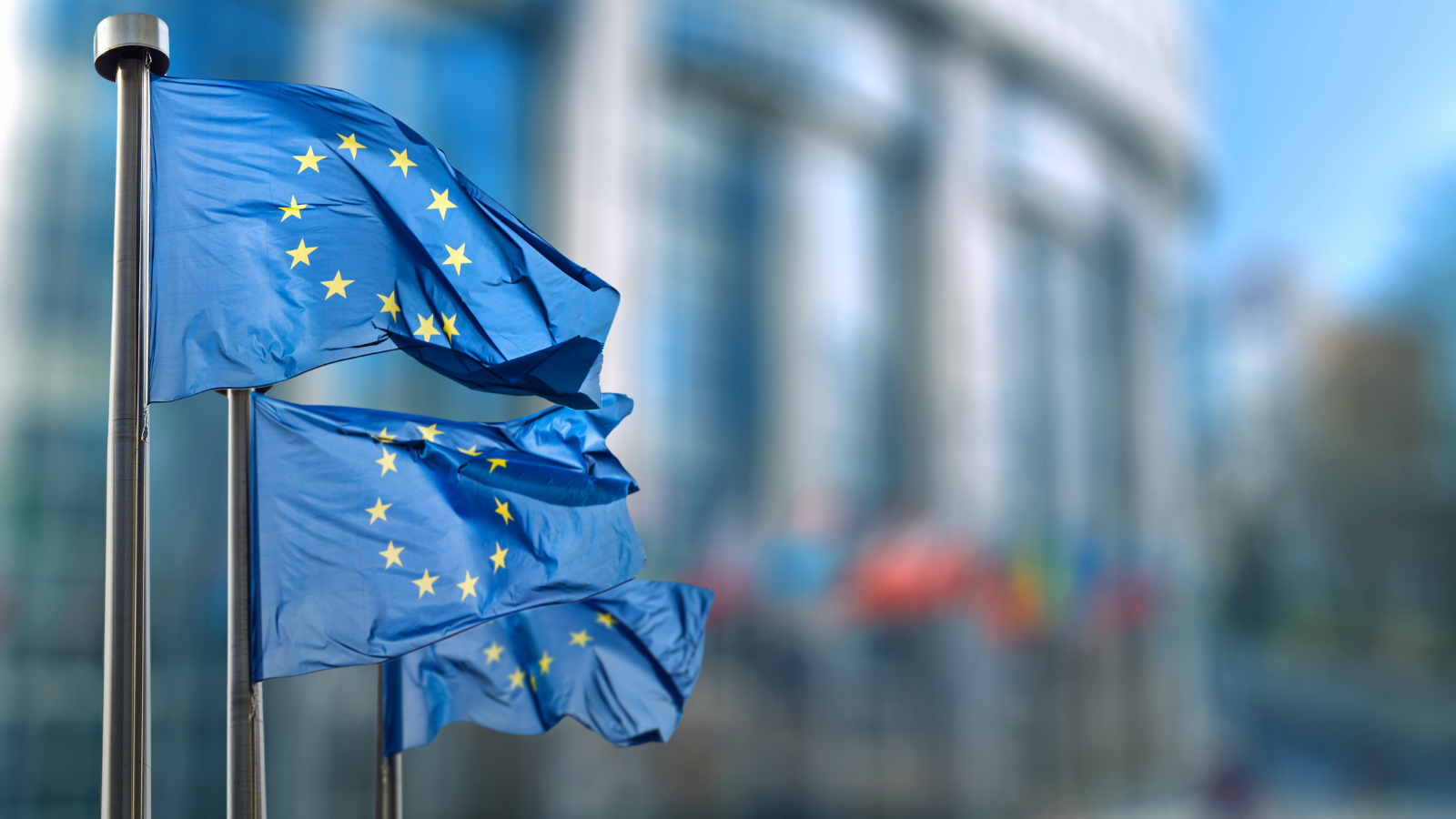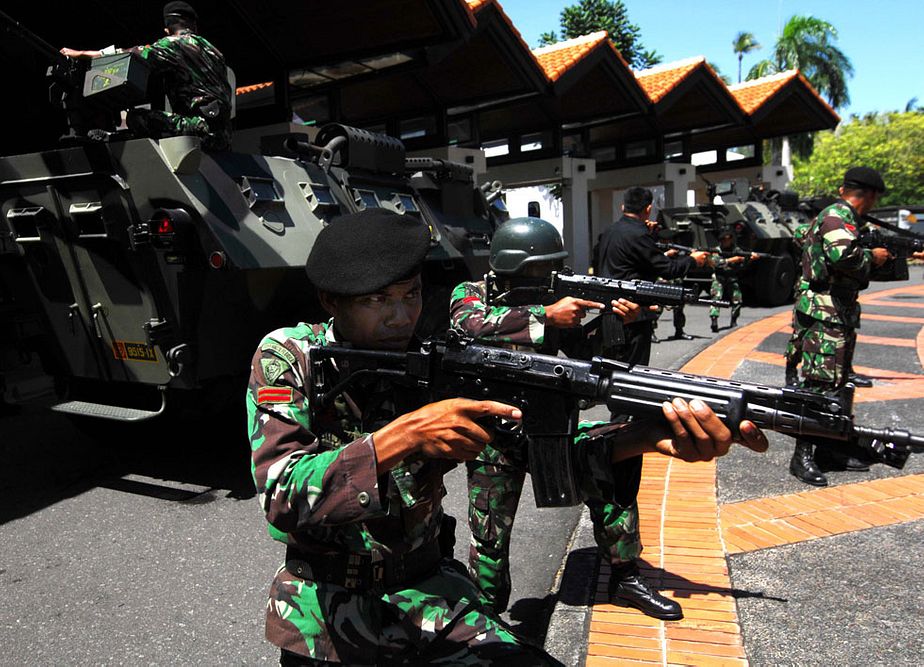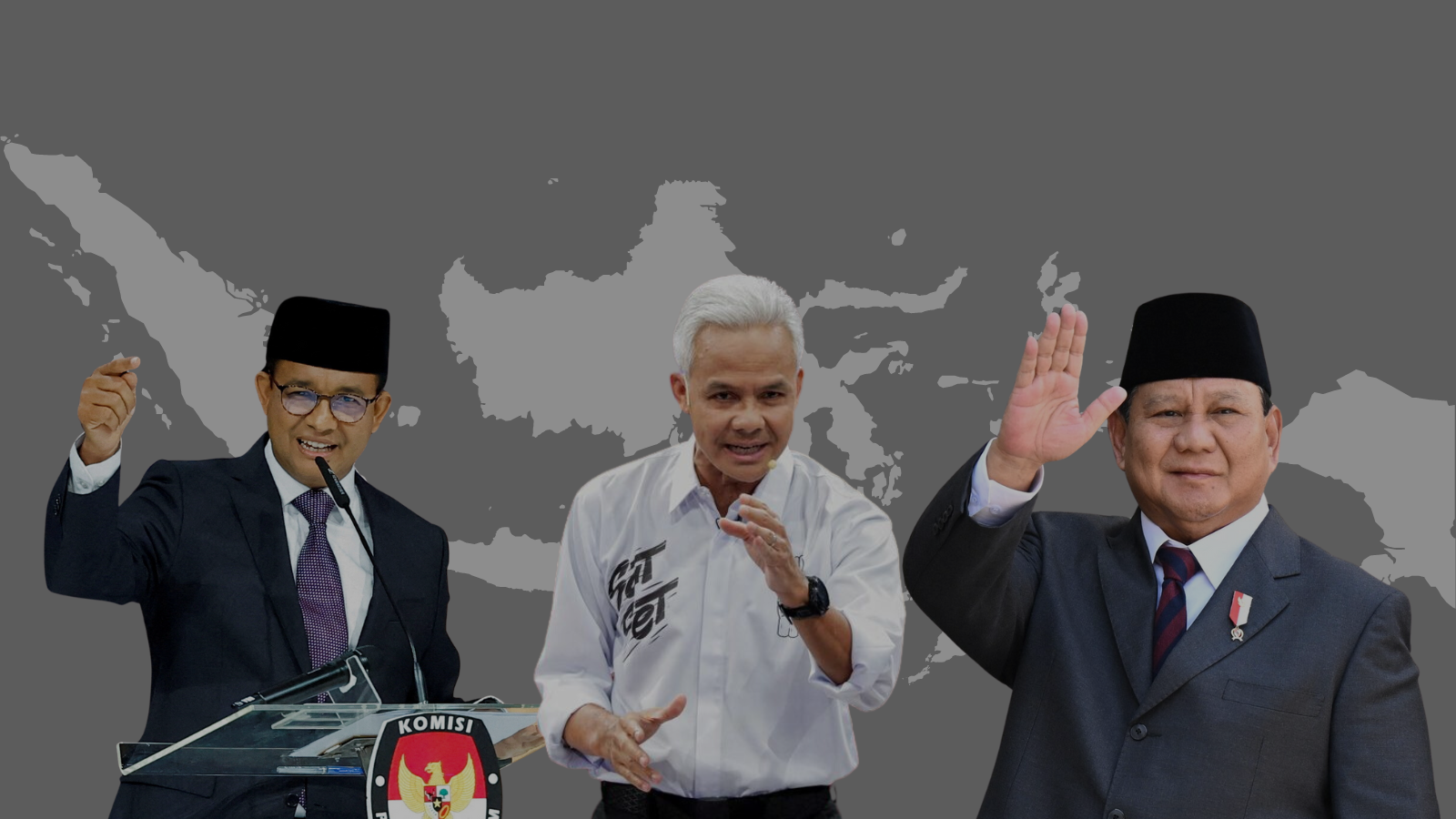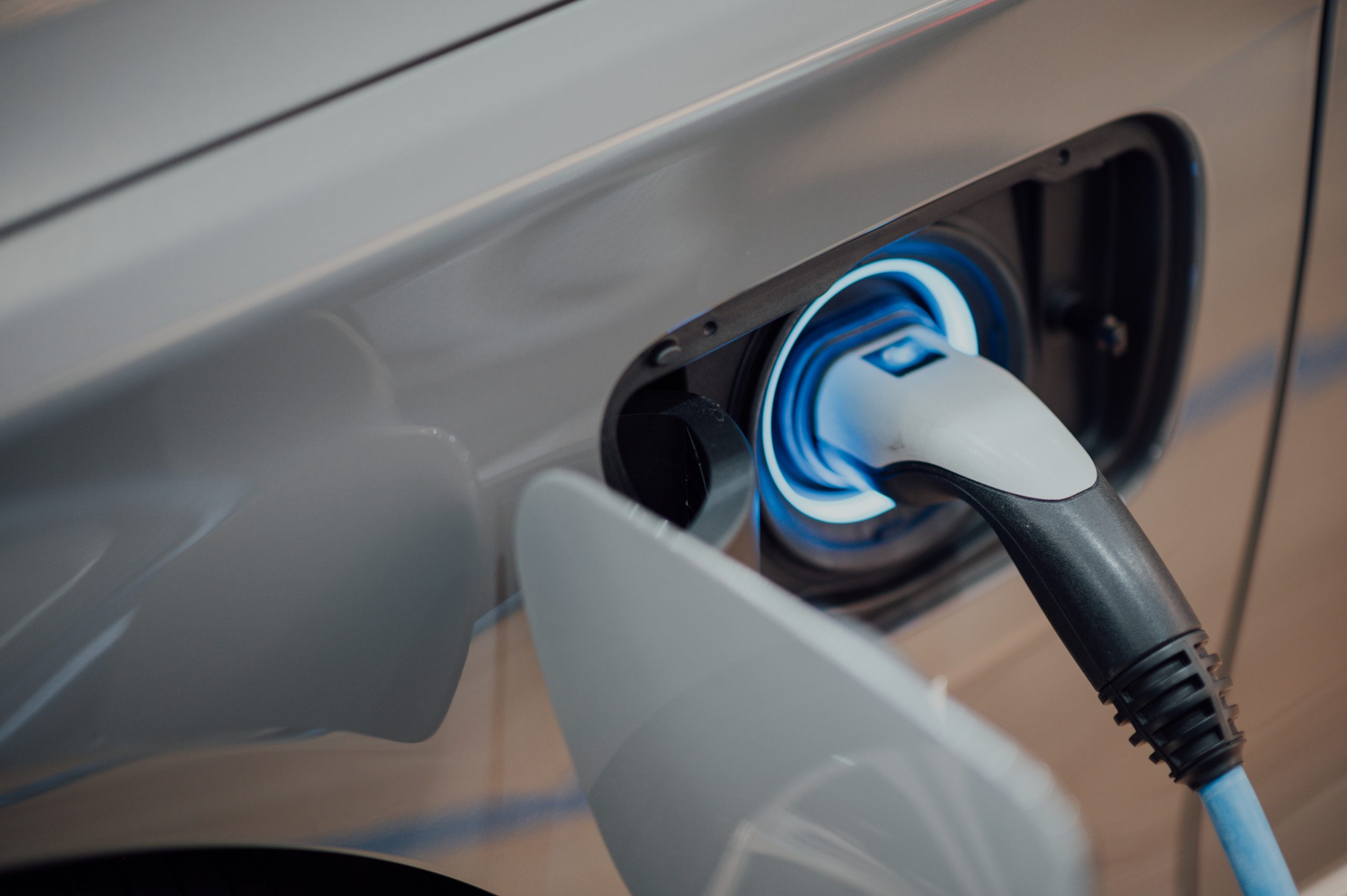A few days prior to this year’s EU-China summit, the Financial Times published an opinion piece by Anders Fogh Rasmussen, former Secretary-General of NATO, calling for the Union’s stronger support for Taiwan. The article singles out security considerations as the main reason for such a principled stance, which the author acknowledges has been taken up by only a small number of Central and Eastern European (CEE) states. This focus on security issues and small states is noteworthy, as it provides a fruitful avenue for further strengthening of ties moving forward. Before elaborating on this, however, it is worth assessing the current state of affairs in both EU-Taiwan and EU-China relations. Afterall, there are several structural constraints (beyond the EU’s One China policy) that will continue affecting both the EU’s willingness and ability to engage with Taiwan on its own merit.
Legislative bodies, small states, and security norms
The last four years have seen significant changes (both rhetorical and substantive) in the EU’s approach towards Taiwan. The European Parliament, which is known for its history of pro-Taiwan rhetoric, has published its first-ever standalone report on Taiwan, calling for stronger political (not just economic) cooperation. This complemented the predominantly economic focus of the Commission’s Indo-Pacific Strategy, which is illustrative of the limited leeway afforded to executive bodies when it comes to engaging with Taiwan. The strategy also provided a glimpse into the Commission’s new thinking about the relational nature of security and economy, which has since been explicated in its Economic Security Strategy.
On a more substantive level, the change has been driven by small CEE states that, in 2022, accounted for 60 percent of all EU-Taiwan interactions. Although the agents of change are located across several CEE states, it is worth highlighting the role of Lithuanian and Czech political elites who have been acting as ‘norm entrepreneurs’ ever since they came to power on values-based foreign policies. Here, I would like to transcend my previous argument which maintains a certain degree of dichotomy between interests and values, by defining norms as encompassing ideational, political, economic and even security values.
The adoption of a broader conceptual framework may be particularly useful for Taiwan’s norm-driven engagement with CEE, as not only does the entrepreneurial promotion of Taiwan-friendly norms by CEE elites stretch beyond a narrow set of ideational values, but the EU’s normative power identity is itself based on a broad constellation of different norms. In this context, it is important to note the increasing saliency of security norms (including self-determination in relations with Taiwan) at both supranational and national levels of the EU. Afterall, not only would a Taiwan Strait contingency (and its economic implications) become a major determinant of further developments in EU-Taiwan relations, but China’s ambiguity on the Russian invasion is a major irritant of the current status quo in EU-China relations.
Structural constraints and windows of opportunity
Norms are thus central to the EU’s China policy, with the Union making this clear both during and after the recently held summit. Unsurprisingly, economic norms took centre stage, with both sides accusing each other of protectionist tendencies, and major economic irritants such as the EU’s probe into China’s electric vehicle subsidies preventing any tangible results, at least as far as the goal of rapprochement was concerned.
All of this lends its support to popular arguments about a paradigm shift in the EU’s foreign policy, at least with regards to economic norms. There is new strategic thinking within the EU about the risk of economic dependency on authoritarian regimes, with a broad array of trade defence and supply chain diversification measures (such as the Anti-Coercion Instrument, the Critical Raw Materials Act and the European Chips Act) being adopted to prevent future economic blackmail of the kind experienced by Russia’s weaponization of its gas supplies or China’s trade embargo of Lithuania. This is good news for Taiwan, as the increasing saliency of mercantilist norms in the Union’s relations with China may create further opportunities for EU-Taiwan engagement.
At the same time, however, there are both discursive and material barriers that will continue challenging the EU’s willingness and ability to implement a substantive shift in its China policy. For one, the EU continues its issue-based approach towards China that is framed by its three-pillar strategy, with the main difference being in the issues compartmentalised (i.e., whereas supply chains have moved to the realm of competition, climate change has entered the realm of cooperation). The conceptual ambiguity inherent within the narrative of ‘de-risking’ is another case in point, as it has been utilised by both China and major European powers to emphasise the prospect for rapprochement (not just escalation) in EU-China relations.
On a material level, several of the protectionist measures mentioned above have been opposed by dominant class interests within major powers, as seen in the German automotive industry’s opposition to the anti-subsidy probe. Finally, let’s not forget about the institutional constraints created by the continued saliency of supranational-intergovernmental divisions within the EU. Macron’s and Von der Leyen’s joint trip to China and Scholz’s scepticism about the EU’s anti-subsidy probe are demonstrative of precisely this challenge to a substantive shift in an EU-wide China (and by default Taiwan) policy.
The way forward: Creating a comprehensive agenda for values-based partnership.
When it comes to ‘norm entrepreneurs’ on the Taiwanese side, its continued parliamentary and small state engagement vis-à-vis the EU are certainly moving in the right direction. In this context, greater emphasis on (and resources towards) the strengthening of ties with the Union’s CEE members is warranted, considering both the shared interests of several CEE elites in changing the status quo of the EU’s China policy, as well as the greater embeddedness of the major powers within the EU’s structures that increases their risk of potential loss from a status quo change.
Taiwan’s pursuit of norm-based relations is another valid approach, especially considering the centrality of the EU’s self-conception as a normative foreign policy actor. Taiwan’s conceptualisation of norms, however, needs to be broadened beyond its current focus on ideational values such as democracy, the rule of law and human rights. The increasing intra-EU saliency of security norms (and their relation to economic norms) is opening a new window of opportunity for EU-Taiwan engagement that Taiwan should seize, especially as it has a lot to offer in terms of its know-how on countering a variety of both traditional and non-traditional (including economic) security threats.
Economic norms are also in a category of their own. Taiwan should thus be wary of downgrading the economic aspect of its relations with CEE; incorporating it into its overall normative agenda instead. A more targeted cooperation on projects promoting norms relevant to both the EU and Taiwan as well as a broad coalition of class interests should be pursued. From the EU’s perspective, those promoting the resilience of semiconductor supply chains offer a particularly fruitful avenue for cooperation, as they are not only relevant in terms of economic security at its supranational level but also of interest to a wide group of actors at national levels (e.g., the automotive industry in Germany and the laser industry in Lithuania).
The article was originally published by Taiwan Insights.







